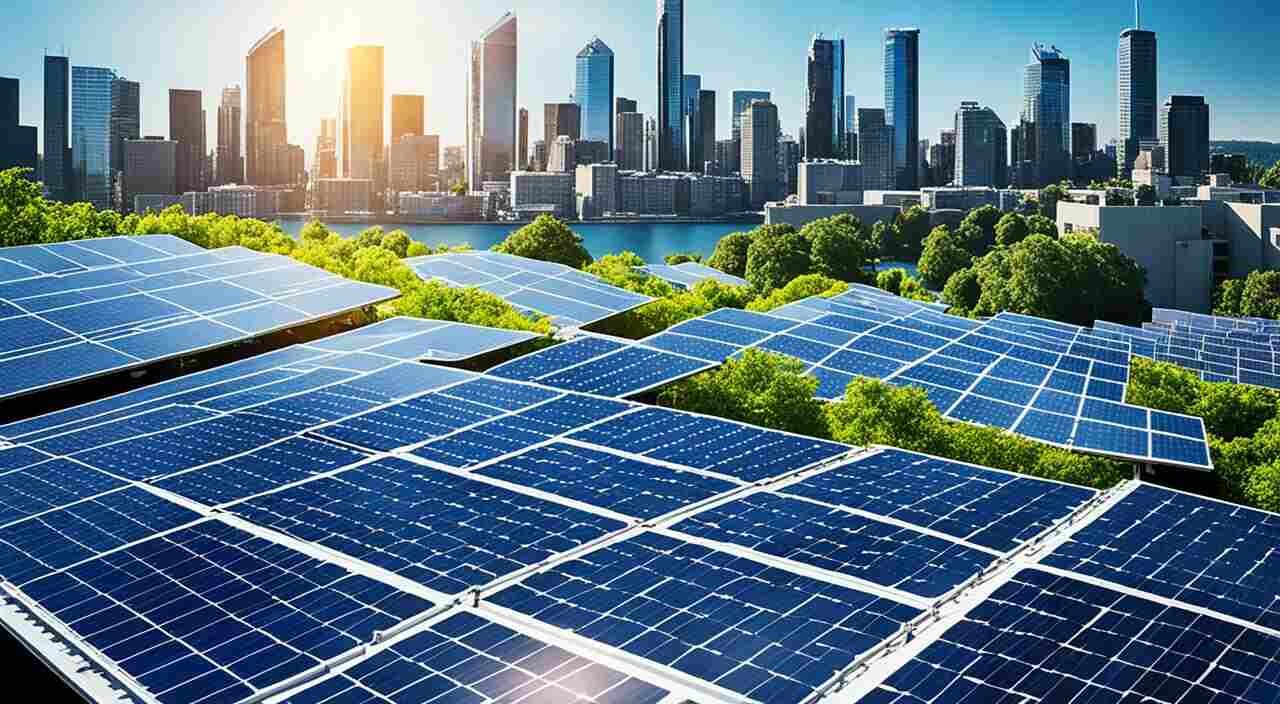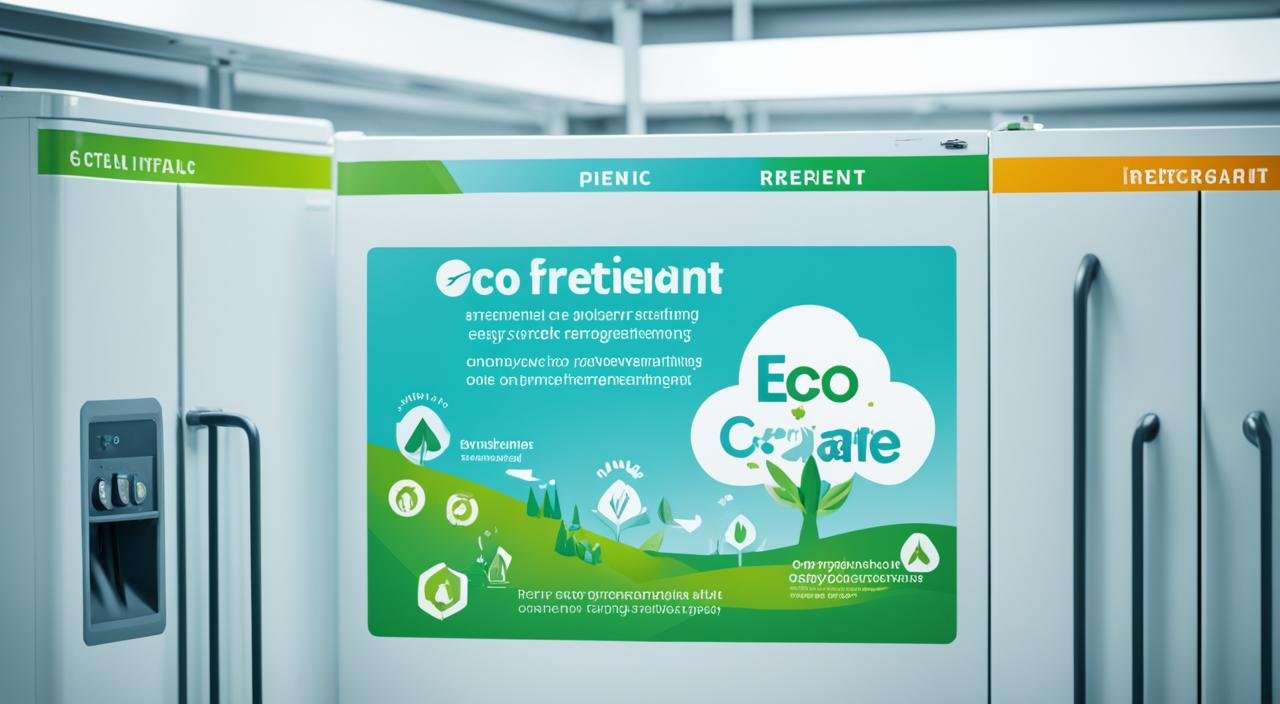Greenwashed and Misguided: Debunking Common Eco-Myths in Today’s World
In the age of hyper-information, eco-consciousness has surged, but so has a confusing fog of greenwashing and misinformation. From claims of “biodegradable plastic” to myths about organic food, these eco-myths can lead to well-intentioned consumers making choices that aren’t as sustainable as they seem. So, let’s clear the air and debunk some of the most common eco-myths to empower you to make informed choices for a greener future.
Myth #1: Plastic with a “biodegradable” label is guilt-free.
Reality: Not all bioplastics are created equal. While some truly decompose in a controlled environment, many require specific industrial composting facilities, which are often unavailable or inefficient. Additionally, bioplastics often still contribute to microplastic pollution and may not break down as promised in natural environments.
Pro Tip: Opt for reusable alternatives whenever possible, and prioritize plastics with high recycling rates, like PET and HDPE.
Myth #2: Organic food is always better for the environment.
Reality: While organic agriculture boasts benefits like soil health and reduced pesticide use, it’s not always the most sustainable choice. Factors like water consumption, transportation, and storage can outweigh these benefits for certain crops and locations. Additionally, organic certifications can vary in their rigor, so do your research.
Pro Tip: Buy local and seasonal produce, prioritize whole foods over processed options, and consider non-organic options for crops known for low environmental impact.
Myth #3: Electric cars are a magic bullet for clean transportation.
Reality: While electric vehicles (EVs) offer significant emissions reductions compared to gasoline cars, they’re not without their environmental concerns. Battery production and disposal require careful management, and the electricity powering EVs may not always come from renewable sources.
Pro Tip: Consider factors like charging infrastructure, battery lifespan, and production practices when choosing an EV. Invest in public transportation, cycling, and walking whenever possible.
Myth #4: Recycling everything is the ultimate solution to waste.
Reality: While recycling is crucial, it’s only one piece of the waste reduction puzzle. Many materials have low recycling rates or require extensive processing, and contamination in recycling streams can render entire batches unusable. Additionally, focusing solely on recycling can distract from efforts to reduce waste generation at its source.
Pro Tip: Prioritize waste reduction and reuse. Compost food scraps, choose products with minimal packaging, and repair or upcycle items instead of throwing them away.
Myth #5: Small actions don’t make a difference in the face of global challenges.
Reality: Every small action counts. Collective individual efforts have the power to spark significant change. Choosing local produce, reducing energy consumption, and advocating for sustainable policies can contribute to a ripple effect of positive impact.
Pro Tip: Believe in the power of your choices. Share your green efforts with others to inspire collective action. Remember, even small changes, when multiplied by millions, can create a monumental shift.
Beyond Debunking:
Debunking eco-myths is just the first step. By fostering critical thinking and empowering ourselves with reliable information, we can move beyond greenwashing and make informed choices that truly benefit the planet. Here are some additional tips:
- Seek out reliable sources of information: Consult reputable scientific organizations, environmental NGOs, and fact-checking websites.
- Don’t be afraid to ask questions: Challenge claims and seek clarification from companies and organizations.
- Support businesses with transparency: Look for brands that openly share their environmental practices and sustainability goals.
- Engage in critical discussions: Share your knowledge and encourage others to question and debunk eco-myths.
Remember, a conscious and informed consumer is a powerful force for change. By demystifying eco-myths and making informed choices, we can collectively pave the way for a greener and more sustainable future. Let’s break free from the fog of misinformation and embrace a future where every action counts towards a healthier planet.
Together, let’s be the generation that debunks the myths and builds a brighter, greener reality.
Top Eco-Friendly Tips Team



